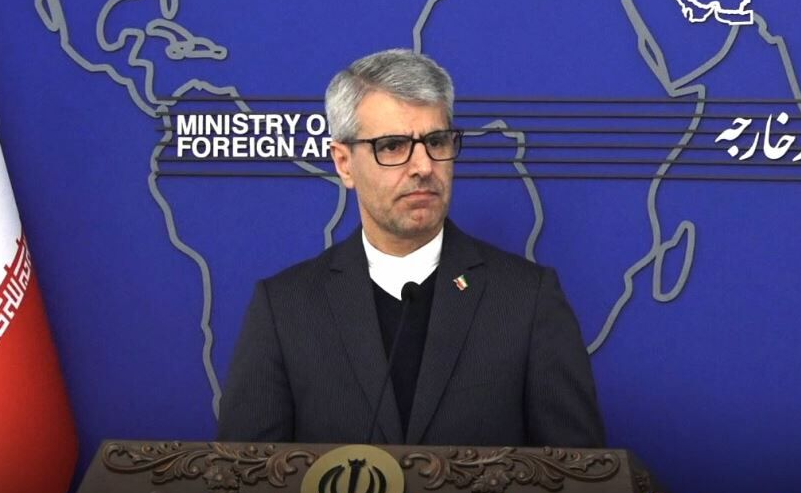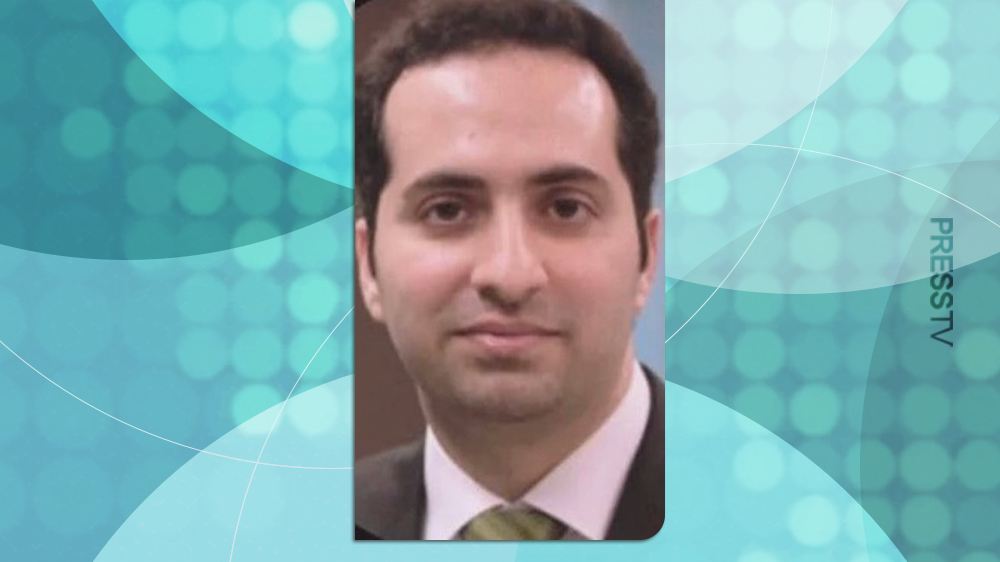Zarif: US coalition in Persian Gulf ‘failure in advance’
Iranian Foreign Minister Mohammad Javad Zarif has strictly blasted the idea of foreign military presence in the Persian Gulf, taking a swipe at efforts by the United States to form a naval coalition to patrol the strategic waters.
“Military coalitions are failures in advance,” Zarif said Monday, as he met his Qatari counterpart, Mohammed bin Abdulrahman Al Thani, during a trip to Doha.
Noting that foreign military presence in the region would further complicate the situation, Zarif said the responsibility for securing the Persian Gulf rested totally with the regional states, not foreign forces, and underscored the Islamic Republic’s role in maintaining regional peace and stability.
The US has announced plans to form the coalition force to protect shipping in the Strait of Hormuz from what it calls an Iranian threat. The move comes amid Washington's attempts to trouble Iran’s oil sales as part of its sanctions campaign targeting the Islamic Republic's economy.
On June 30, the US officially asked Germany to participate — alongside Britain and France — in the coalition, a request that was declined by German Foreign Minister Heiko Maas a day later.
Japan has likewise refused to join the force, and France has expressed reservations.
Earlier in August, Bloomberg also reported that the US efforts to build the coalition “continue to bear little fruit,” noting that major ally Australia was still undecided whether to join.
Zarif, meanwhile, considered the Islamic Republic’s ties with Qatar to be on a progressive course in all areas, including the political and economic spheres.
He laid emphasis on the need for continuous consultation between Tehran and Doha over regional developments as “a regional requirement.”
The Qatari foreign minister, for his part, expressed satisfaction with the quality of the “special” relations between the two sides, stressing the importance of the role Tehran and Doha played in the establishment of regional peace and stability.
He also emphasized the need for mutual cooperation as a means of reinforcing dialogue for resolution of regional issues.
Occupation of Syria’s highest peak Mount Hermon part of ‘Greater Israel’ project
Iran: Syrian people will decide their future without foreign interference
IRGC says Iran’s power exceeds borders, warns enemies to adjust themselves
Dozens detained, several wounded in Israeli raids in West Bank
‘Ethnic cleansing’: Hamas blasts Israeli attacks on Gaza hospital amid intl. silence
Saudi delegation meets HTS leader at presidential palace in Damascus
Relentless Israeli ceasefire violations justify need for self-defense: Lebanese MP
Tel Aviv tells Damascus Israeli forces will remain in occupied territory: Report














 This makes it easy to access the Press TV website
This makes it easy to access the Press TV website